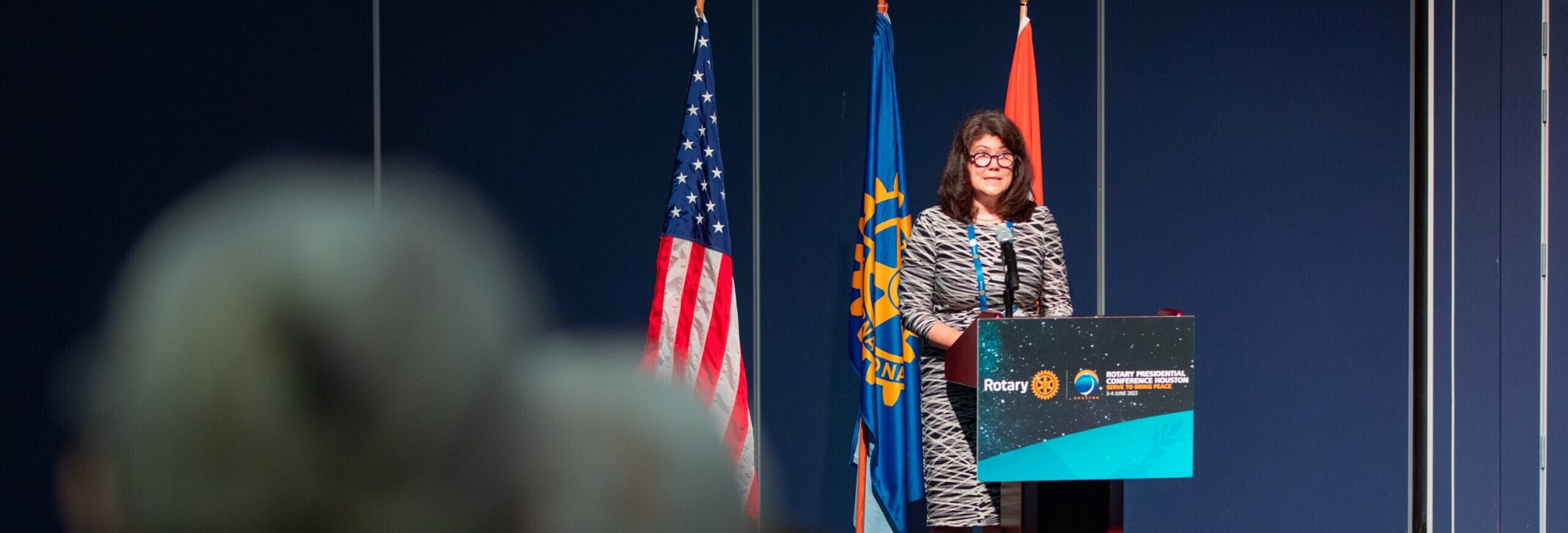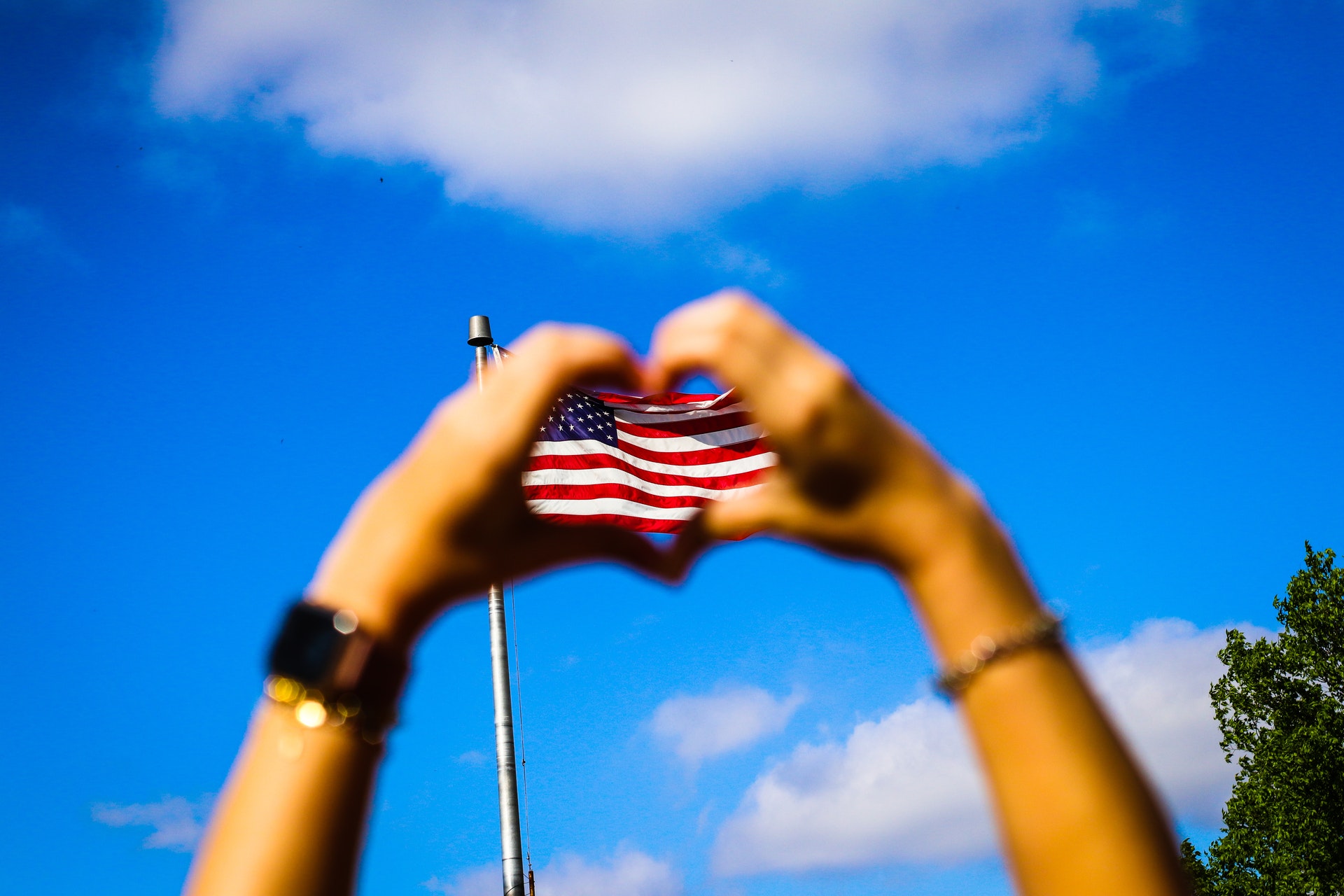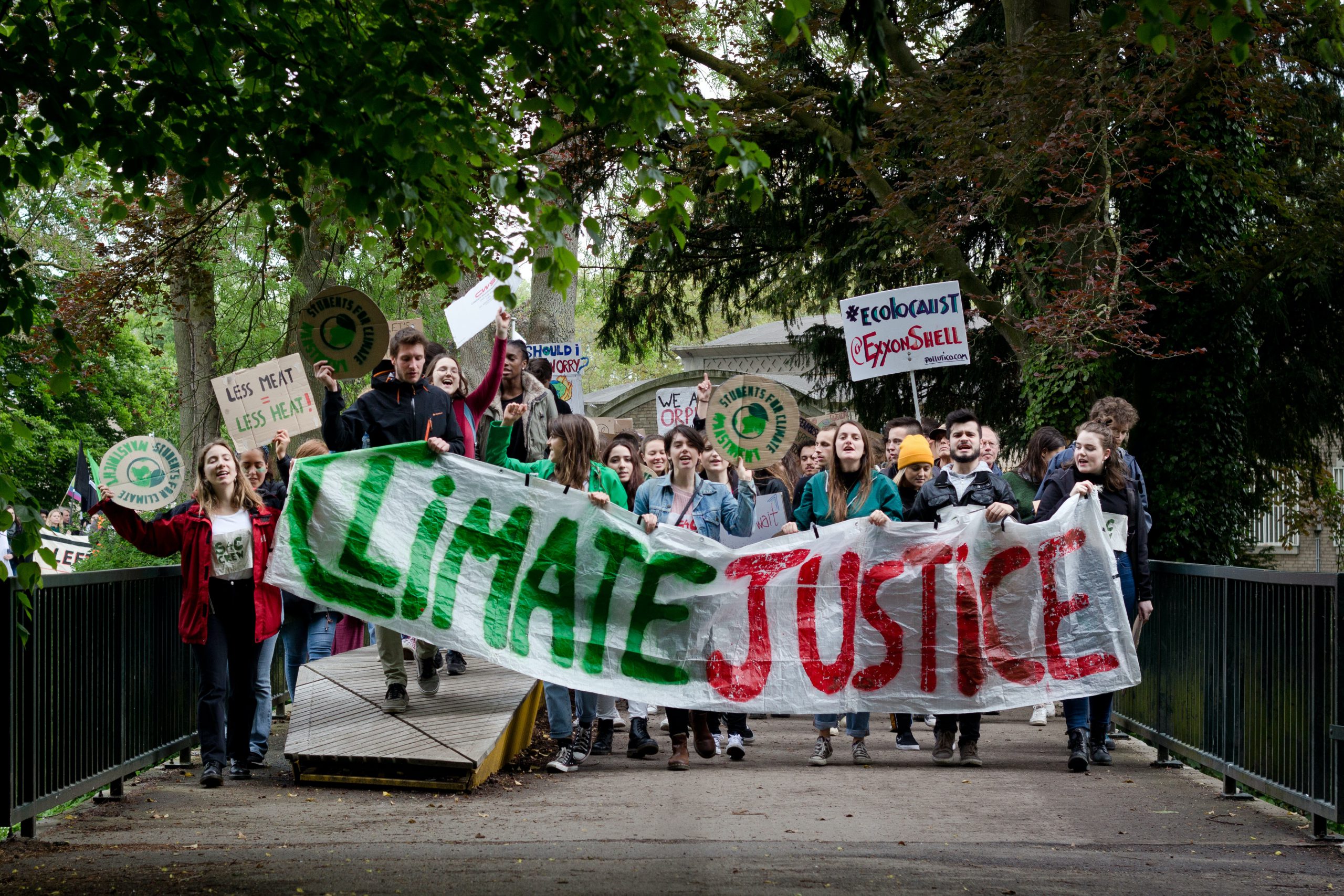Tag: International

Rethinking “Polarization” as the Problem
On June 6, 2022 Horizons’ Chief Network Weaver Julia Roig, shared the main stage at Rotary’s 2022 Presidential Conference in Houston with Gary Slutkin, the founder of Cure Violence and Azim Khamisa, the founder...

THE VISTA: May 2022
As we grapple with the horrific mass violence that occurred this past month – and that continues daily in the United States – one piece that gave us solace and...

THE VISTA: April 2022
WHAT WE’RE READING, WATCHING, AND LISTENING TO AT HORIZONS In April, we joined many friends and colleagues in mourning the sudden loss of Peter Ackerman, a visionary and treasured leader in...

THE VISTA: March 2022
WHAT WE’RE READING, WATCHING & LISTENING TO AT HORIZONS In March, as the war in Ukraine took up so much of our news feeds, we have been inspired by the...

THE VISTA: February 2022
WHAT WE’RE READING, WATCHING & LISTENING TO AT HORIZONS The Horizons Project continues to reflect deeply as a team and with our partners on the wonderful resources produced by so...

America’s Democracy Moment
*This article was written by Chief Organizer Maria J. Stephan and was first published on Just Security. As Americans prepare to celebrate Independence Day on July 4th, it is crucial...

Combatting Authoritarianism: The Skills and Infrastructure Needed to Organize Across Difference
*This article was written by co-Leads Julia Roig and Maria J. Stephan and was first published on Just Security. As the United States celebrated Martin Luther King Day this January,...

How Domestic Civic Movements Could Reshape US Foreign Policy
*This article was written by Chief Organizer Maria J. Stephan and was first published on Just Security. President Joe Biden’s early reversals of Trump policies have included at least three...

Seven Foreign Policy Issues to Watch In 2022
*This article contains contributions from Director of Partnerships and Outreach Tabatha Pilgrim-Thompson and was first published on InkStick. “We Didn’t Start the Fire” is a column in collaboration with Foreign Policy...

The Freedom Struggle in Florida
*This article by Chief Organizer Maria J. Stephan was first published May 14 on Salon. The situation in Florida clearly represents a threat to American democracy. Florida has become the epicenter...
